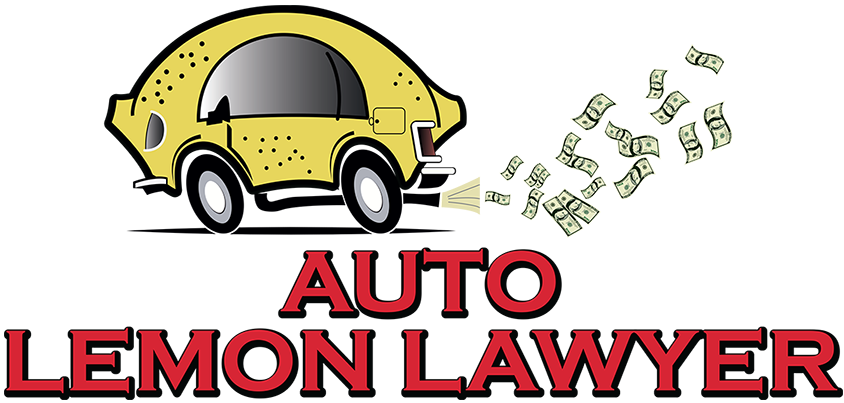Two class action lawsuits are currently pending against Stellantis (formerly FCA US, LLC) concerning fire hazards in specific Jeep plug-in hybrid models, including the 2020–2024 Jeep Wrangler 4xe and the 2022–2024 Jeep Grand Cherokee 4xe.
Filed in January and March 2025, these lawsuits claim that despite several recalls and software updates, Stellantis has failed to adequately resolve the underlying issues with the lithium-ion battery system and electrical connectors.
Both lawsuits allege that Stellantis breached warranties, concealed significant defects, and violated consumer protection laws.
Formal complaints from Jeep owners describe multiple incidents in which vehicles from the affected group caught fire unexpectedly, including one instance where a Jeep reportedly ignited six hours after being parked and turned off, resulting in the vehicle being completely destroyed.
The plaintiffs also highlight that the NHTSA’s (National Highway Traffic Safety Administration) Office of Defects Investigation (ODI) has identified at least one fatality associated with the fires.
Several class action lawsuits have been filed in recent years addressing fire-related concerns with Jeep 4xe plug-in hybrid models, reflecting mounting frustration among consumers who believe Stellantis failed to adequately warn about or resolve known safety risks. Below are some of the most significant legal actions in recent years:
2023 Jeep 4xe Battery Fire Lawsuit
This lawsuit focused on Jeep Wrangler 4xe and Jeep Grand Cherokee 4xe models, with plaintiffs alleging that the vehicles’ high-voltage lithium-ion batteries were prone to spontaneous fires, even when parked and turned off. The complaint further claimed that Stellantis (FCA US LLC) was aware of the danger but failed to take sufficient action to address the issue.
2024 Jeep 4xe Recall Lawsuit
After continued reports of battery-related fires, a new class action lawsuit was filed in 2024. It targeted the same Jeep plug-in hybrid models, arguing that previous recalls in 2023 and 2024 were insufficient. Plaintiffs contended that Stellantis failed to fully inform customers of the extent of the fire risks at the time of sale.
January 2025 Jeep 4xe Battery Recall Lawsuit
This lawsuit again focused on the Jeep Wrangler 4xe and Jeep Grand Cherokee 4xe vehicles. Plaintiffs argued that Stellantis should have provided earlier and stronger warnings about the potential for battery fires. The suit claimed that the automaker’s prior recalls had not effectively eliminated the risk.
March 2025 Jeep 4xe Battery Fire Lawsuit
Filed by a New York resident, this lawsuit accused Stellantis of failing to resolve the ongoing fire risk despite multiple recalls and software updates. The complaint alleges that a physical defect in the Samsung-manufactured lithium-ion battery cells makes these vehicles susceptible to fires, even when powered off and stationary.
Class Action Lawsuit vs. Lemon Law Claim
If you’re dealing with a Jeep underhood fire issue, joining a class action lawsuit could be a viable option, especially if others are also affected by the same defect. One of the primary benefits of a class action is the shared legal costs. Since fees are split among all plaintiffs, it can significantly reduce your personal financial burden. Additionally, the collective strength of many plaintiffs can amplify the impact of the claims.
However, there are some downsides. One major drawback is that you have less control over the case. Additionally, the payout in a class action is usually smaller than what you might receive from an individual lawsuit, as the settlement or judgment must be shared among all participants.
Alternatively, pursuing a lemon law claim can often be faster and may lead to a more favorable outcome for the individual owner. If your claim meets the necessary criteria, you could be entitled to a full refund or a replacement vehicle. Lemon law claims may also allow for reimbursement of costs such as repairs, towing, and rental cars. Another advantage is that, if you win, the manufacturer is typically required to cover your legal fees.
The main downside of a lemon law claim is that it’s only available to those who meet specific requirements, such as a certain number of repair attempts or issues occurring within a set timeframe. Whether you decide to join a class action or file a lemon law claim, consulting with an experienced attorney can help you understand your rights and determine the best course of action.
Are You Eligible for a Jeep Lemon Law Claim?
The lemon laws typically apply to Jeep vehicles still covered under the manufacturer’s warranty. This includes both purchased and leased vehicles. In some states, you may file a lemon law claim if you have a used car still under warranty. The best way to see if you have a claim is to speak to our Jeep lemon law attorneys. Contact us today for a free consultation.

Over the past 30 years, I have been devoted to standing up for consumers, tackling intricate class action consumer litigations, handling complex multi-district cases, and recovering millions of dollars for my Lemon Law clients. Being admitted in District Courts in Louisiana, Texas, California, Michigan, Florida, and Indiana, my practice has led me to represent clients all over the United States in my Lemon Law cases. Regardless of your location, my firm is committed to offering the highest level of professional support, especially in Lemon Law.

